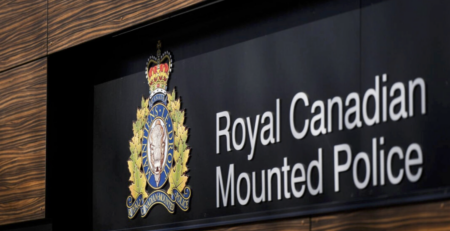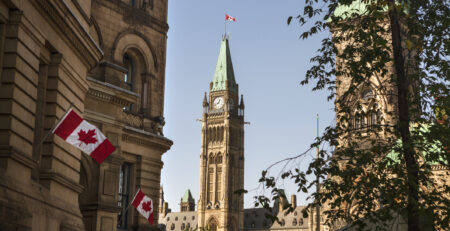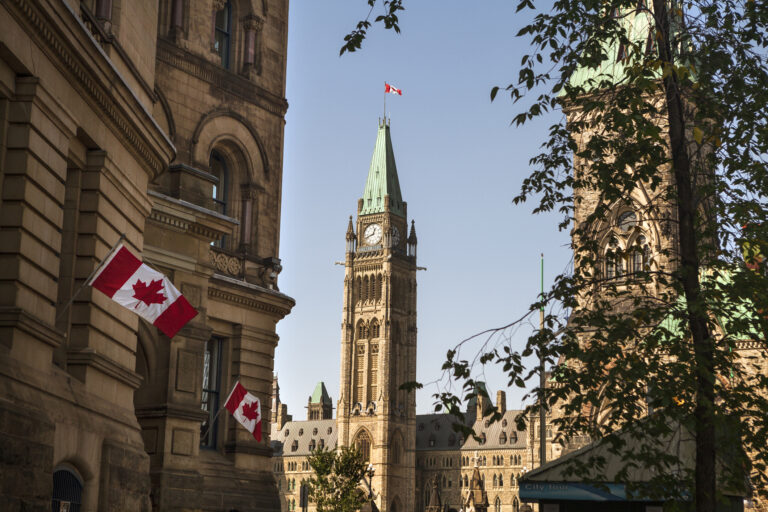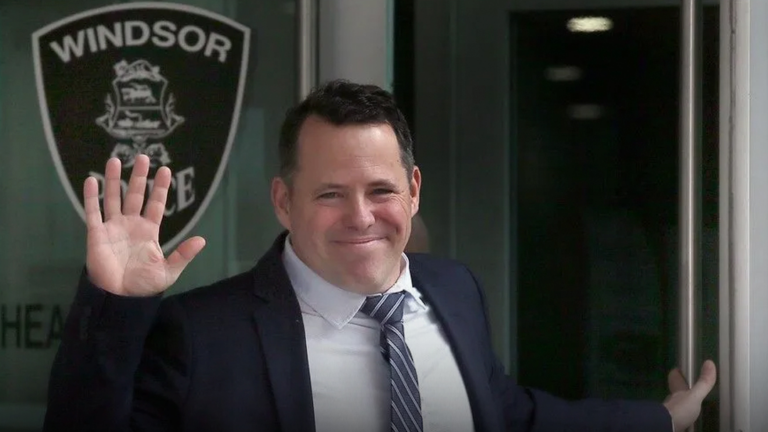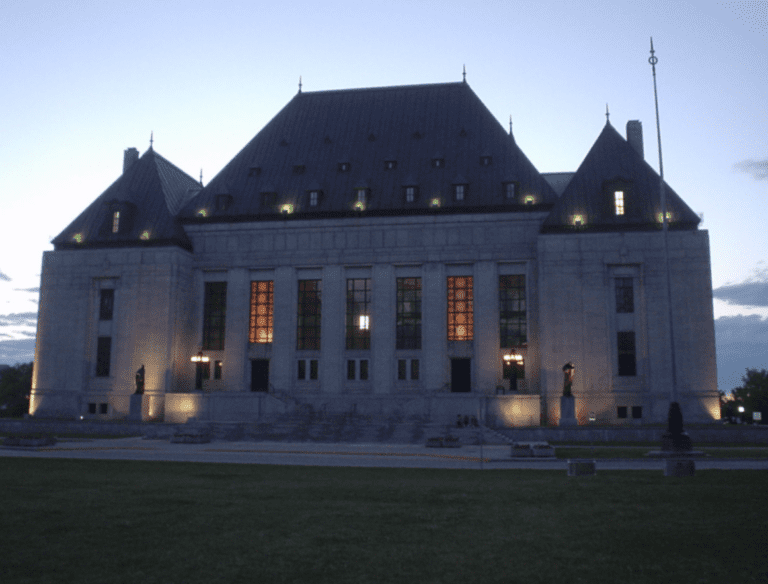By Marty Moore
Justice Centre Staff Lawyer
The University of British Columbia (UBC) is facing legal action for failing to reinstate the Andy Ngo event. There are numerous legal bases upon which to challenge UBC for its unilateral decision cancelling the planned event. These include administrative law, contract law, and the Canadian Charter of Rights and Freedoms.
Procedurally, UBC abjectly failed to make this decision in a procedurally fair manner. With the event just over a month away, UBC cancelled the event outright, without providing any notice or opportunity for The Free Speech Club to help address UBC’s alleged concerns.
UBC, as a public body, must exercise its decision making authority reasonably. Courts will require UBC’s decision to be transparent, intelligible and justified. In the context of a university premised on the notion of freedom of inquiry and expression, a court may closely scrutinize UBC’s reasons for outright cancelling a planned discussion with a journalist organized for students. Further, given the subject matter of the talk, “Understanding Antifa Violence”, it appears unreasonable and not a little ironic, that UBC would decide to cancel the event over the risk of Antifa violence. UBC’s express recognition that Mr. Ngo is a victim of violence is not justification for barring him from speaking at UBC – rather it shows that UBC’s decision was an unconscionable act of blaming the victim. UBC could have taken numerous steps to address any safety concerns in the month prior to the January 29, 2020 event, including letting the police deal with anyone making specific threats. Outright cancelation of the event in these circumstances was unreasonable.
UBC also breached a confirmed contract in cancelling the event, causing financial damage to the students of The Free Speech Club, who had proceeded to make arrangements for the event.
UBC has a duty to follow its own policies. UBC publicly affirms that it is an open forum with the freedom to engage in discussion and debate. By cancelling the event, UBC directly contradicted its own policies, positions and indeed its very purpose as a university.
The applicability of the Canadian Charter of Rights and Freedoms on university campuses in Canada is an unsettled question. Most recently, the Justice Centre won a unanimous ruling from the Alberta Court of Appeal (discussed below), holding that the Charter does apply to protect student expression on campus. In contrast, the BC Court of Appeal has previously held that the Charter is not directly applicable to university decisions about student events. The Supreme Court of Canada has not yet ruled on this issue. UBC however, specifically cites the Charter in affirming the importance of freedom of expression on its campus. Regardless of whether a lower court finds the Charter directly applicable to UBC, it is relevant in reviewing UBC’s decision which must comply with its policies affirming freedom of expression on campus.
This case is not the first time a university has claimed “safety and security” as a guise for censorship. In Wilson v University of Calgary, 2014 ABQB 190, the University cited “safety and security” in an attempt to thwart student expression. In that case, the students were given non-academic misconduct discipline for refusing to give in to the University’s censorship. Justice Horner canvassed many of the legal issues I reference above, including the University’s failure to consider measure that would have a “lesser effect on the Students’ Charter rights” (para 160). In the end, Justice Horner reversed the University’s decision against the students and the University was required to pay costs to the students. Likewise, the University of Alberta’s attempt to impose a $17,500 “security fee” was rejected unanimously by the Court of Appeal in UAlberta Pro-Life v University of Alberta, 2020 ABCA 1.
Freedom must be defended. UBC’s cancellation of the event shows remarkable cowardice and an unwillingness to defend the very freedom it affirms to be essential to fulfilling its purpose as a university. When universities and other public bodies thwart freedom of expression, they need to be held to account in the courts. Otherwise, Canadians can expect to see their freedom of expression continually diminished. The Justice Centre has prosecuted a number of successful court cases on behalf of groups and individuals who are willing to stand up for their freedoms. However, as 2020 has already shown, there is an ongoing need to continue to defend freedom in Canada.



